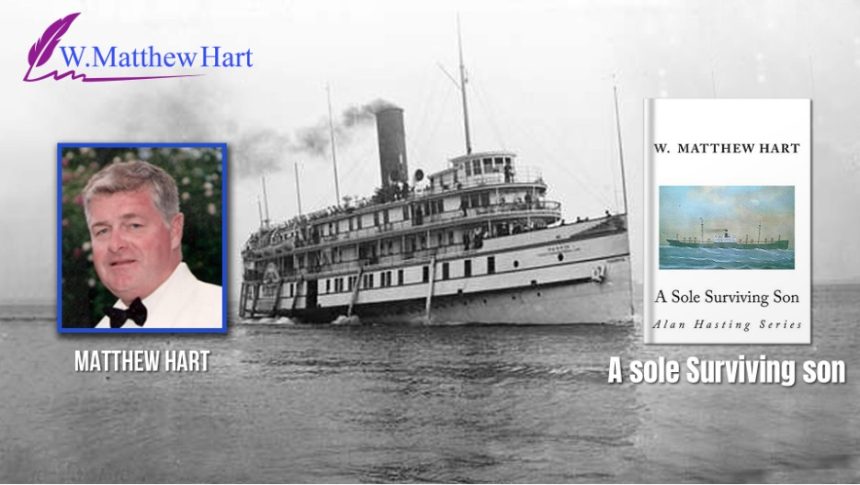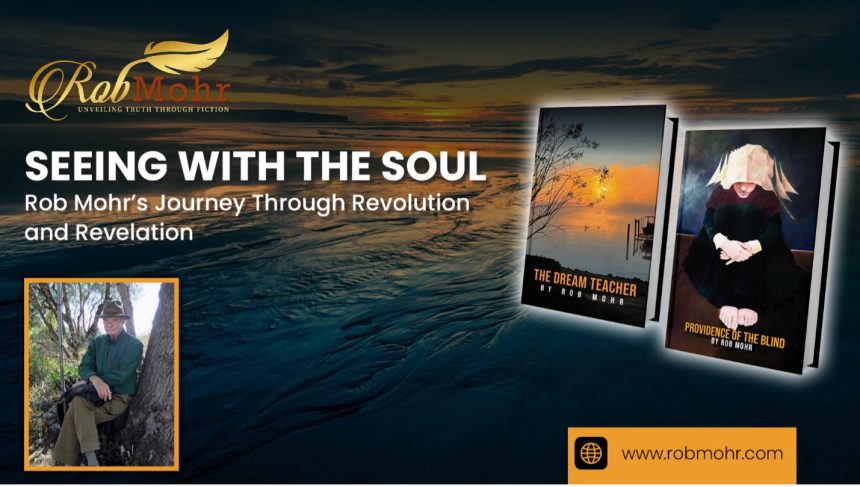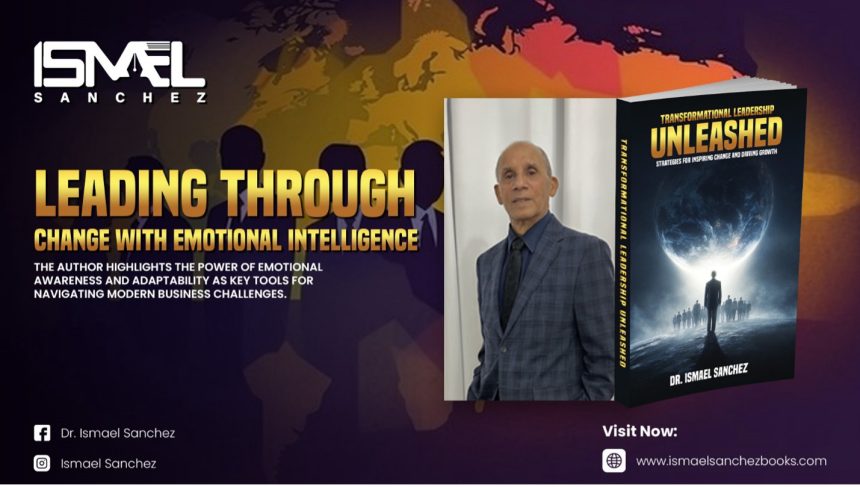W. Matthew Hart’s path into the world of storytelling is anything but ordinary. At 80 years old, the former IBM vice president and U.S. Marine Corps veteran has written his life story, filled with global travels, personal loss, and military service, into a series of historical fiction novels. His book, Sole Surviving Son, stands out not only for its gripping story but also for how deeply it reflects the author’s life, values, and love for history.
He began writing over two decades ago, not out of a need for recognition, but simply because he couldn’t find books that matched his interests during long flights. While working internationally for IBM and Electronic Data Systems, Hart often found himself searching for meaningful reads in airport bookstores. Dissatisfied with what he saw, he thought, why not write one myself?
His life journey is incredible. A Marine Corps helicopter crash survivor, a tech industry executive, a gardener, and a father of three, Hart has worn many hats. His career placed him in key global positions, and his Marine training instilled in him the discipline and endurance qualities that shine through in his writing.
Hart’s novels are mostly based on real historical events. His favorite approach is “historical fiction,” where real places and events serve as the foundation for fictional plots and characters. The book is a perfect example of this. The story draws from the actual sinking of the S.S. Lemuel Burrows (formerly the S.S. Deepwater), which was destroyed by a German submarine off the New Jersey coast during World War II.
In this book, the author uses his grandfather’s legacy, Captain Walter Matthews Hast, who commanded the S.S. Deepwater, as the backbone of the story. Hart takes facts such as ship specifications, wartime logistics, and historical conflicts and builds a thrilling narrative around them, combining action, mystery, and emotional depth.
The book tells the story of Alan Hast, a young man who uncovers a web of secrets and danger tied to a mysterious steel container aboard the S.S. Deepwater. As the plot unfolds, Alan is drawn into an intricate story that involves espionage, military trials, and long-buried family secrets.
The book opens with a rich description of a seemingly peaceful day in Boston, only to reveal a high-stakes corporate and legal crisis involving international espionage and financial ruin. From flashbacks of WWII missions to modern courtroom tensions, his narrative moves back and forth in time, always grounded in human emotions like loss, hope, and determination.
What truly makes this book special is how Hart integrates maritime culture, ship technology, and real-world conflict. His firsthand knowledge of early computer systems, military protocol, and international logistics makes the story not only believable but deeply informative.
For Hart, writing is more than a hobby; it’s how he processes life. After his wife of 54 years passed away, he returned to writing to keep his mind active and spirit engaged. “If I don’t write,” he says, “I don’t know what else I’d do.” His dedication is evident: he has written over 30 books, each with its unique focus, but all grounded in proper places and scenarios. He doesn’t write about places he hasn’t visited. This commitment adds authenticity to his storytelling.
He also enjoys explaining technology and historical tools in simple terms for readers. He brings to life devices like radio direction finders and sonar equipment by showing how they were used during wartime, offering readers a blend of entertainment and education.
At its core, his book is about courage, survival, and the pursuit of truth. The story explores how people carry the weight of history, both family and national, and what it means to stand alone in a world that often hides its darkest truths.
The message is that history never really goes away. It’s always waiting to be discovered by the next generation. Through Alan Hastings’ journey, readers are reminded that family legacies matter, and that seeking truth even when it’s uncomfortable can be one of the most critical missions of all.
Readers of the book won’t just get a gripping story; they’ll walk away with a better understanding of America’s role in WWII, the quiet heroism of merchant mariners, and the importance of family heritage. You’ll feel the tension of submarine warfare, understand the complexity of wartime cargo, and see how private industry and personal lives intersected with national efforts during a global conflict. But more than facts, you’ll feel the emotional gravity of loss, loyalty, and determination.
The book is especially impactful for younger readers who may not be familiar with the merchant marines’ role in the war. He sheds light on this often-overlooked group of men who risked everything to supply the Allies, drawing attention to a corner of history that deserves greater recognition.
What sets him apart is his blend of life experience, personal investment, and technical insight. He’s not writing from a distance. The characters, places, and events he describes are close to his heart. When he writes about a ship in heavy seas, you can be sure he understands its mechanics. When he speaks of loss, it’s because he’s lived through it. Unlike many modern authors who rely on formulaic thrillers or fantasy worlds, he writes stories rooted in real human experience. His books aren’t just entertainment; they’re windows into the past that still matter today.
Moreover, his approach to writing is refreshingly humble. “I write for my amazement,” he says. That honest, down-to-earth attitude makes his stories feel personal, not performative.
In a time when digital noise often overwhelms meaningful stories, the book reminds readers of the value of looking back. Hart shows us that history isn’t just in textbooks; it lives in family stories, old ships at the bottom of the sea, and journals passed from one generation to the next.
For a world still grappling with war, division, and questions of identity, books like Hart’s offer clarity. They remind us that bravery is a timeless virtue. They also show that even “ordinary” people like merchant sailors or family members trying to connect with their past can be heroes in their way.
W. Matthew Hart’s book is a tribute to heritage, courage, and the quiet strength of individuals shaped by the tides of history. Readers from all walks of life will find something meaningful in its pages, whether it’s the thrill of a wartime mystery or the emotional pull of a family legacy.
In both his book and life, he shows that writing is not just about storytelling; it’s about preserving memory, honoring those who came before, and leaving behind a legacy of truth for those who will follow.






